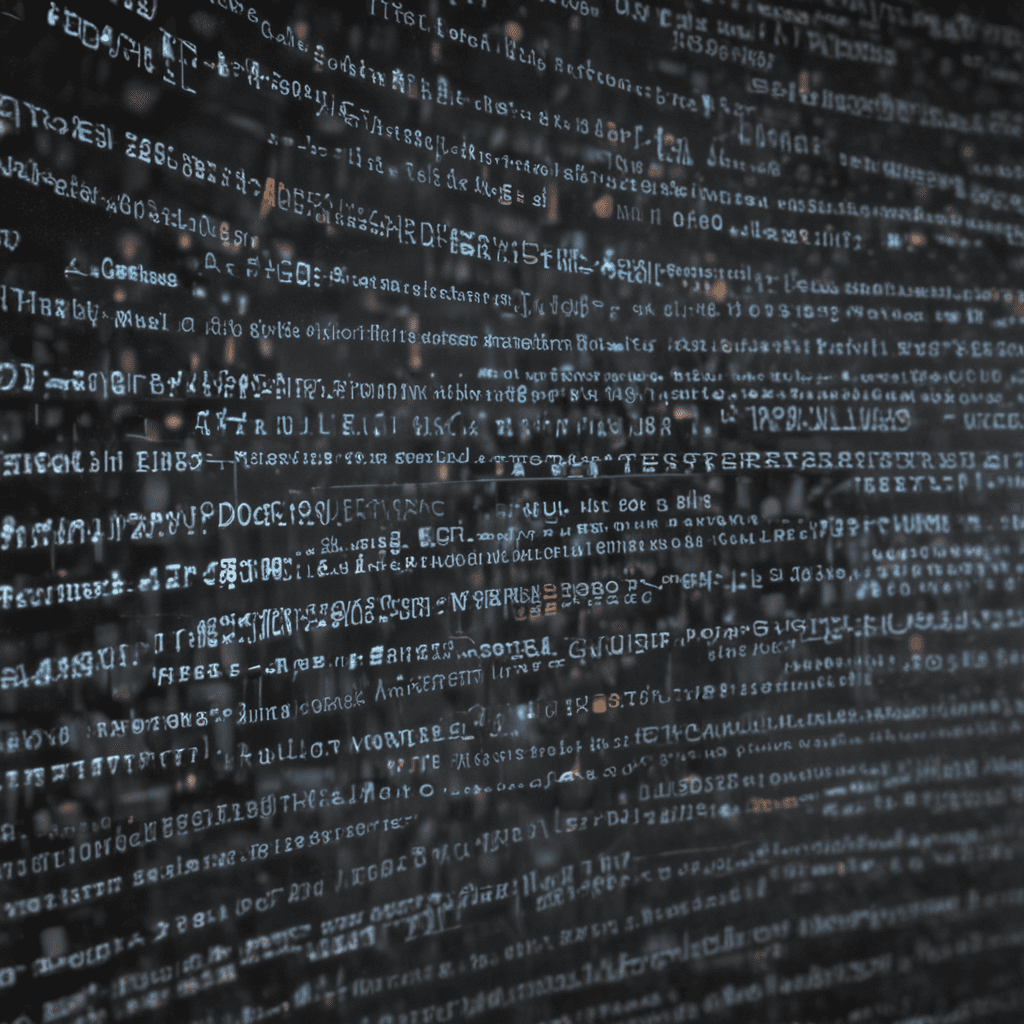
Data Privacy in the Entertainment Industry: Protecting Entertainment Data
Introduction
The entertainment industry is a vast and ever-evolving landscape, encompassing a wide range of players, from production companies to streaming services and social media platforms. As the industry continues to embrace digital technologies, data has become an increasingly valuable asset. This data includes sensitive information such as user preferences, viewing habits, and personal details, which necessitates robust data privacy measures to protect both individuals and businesses.
The Importance of Entertainment Data Privacy
The entertainment industry holds a significant amount of personal data, including:
User Profiles: Streaming services collect data on users' viewing habits, preferences, and demographic information to personalize content recommendations and target advertising.
Financial Information: E-commerce platforms process payment information, including credit card numbers and billing addresses, when users purchase movies, TV shows, or music.
Personal Communications: Social media platforms used for fan engagement often store private messages, comments, and interactions.
Legal and Regulatory Frameworks for Data Privacy
Recognizing the importance of data privacy, various legal and regulatory frameworks have been established to protect individuals' rights and impose obligations on data controllers. These frameworks include:
General Data Protection Regulation (GDPR): This EU regulation sets strict standards for data collection, storage, and processing, giving individuals the right to access, rectify, and erase their personal data.
California Consumer Privacy Act (CCPA): This state law grants California residents similar rights to those under the GDPR, allowing them to request access to and deletion of their personal information.
Federal Trade Commission (FTC): The FTC enforces privacy laws in the United States, including those related to data breaches and unfair or deceptive data collection practices.
Data Security Measures and Risk Managemen
Robust data security measures are crucial to protect entertainment data from unauthorized access, theft, or damage. These measures include:
Encryption: Encrypting data at rest and in transit ensures that even if it is intercepted, it cannot be read without the appropriate decryption key.
Access Control: Implement strict access controls to ensure that only authorized personnel can access sensitive data based on their roles and responsibilities.
Security Audits and Testing: Regular security audits and penetration testing identify vulnerabilities and ensure that security measures are effective.
Data Privacy Breaches and Incident Response
Despite preventive measures, data breaches can occur. Having a comprehensive incident response plan in place is essential for minimizing the impact and managing the fallout. This plan should include:
Detection and Notification: Establishing systems to quickly detect and respond to data breaches and notifying affected individuals promptly.
Containment and Mitigation: Implementing measures to contain the breach, prevent further data loss, and mitigate its consequences.
Investigation and Root Cause Analysis: Conducting thorough investigations to identify the root cause of the breach and implement measures to prevent future incidents.
Ethical Considerations in Data Privacy
Entertainment companies have a responsibility to use data ethically and respectfully. Ethical considerations include:
Transparency and Consent: Providing clear and transparent information about data collection practices and obtaining informed consent from individuals.
Data Minimization: Collecting only the data necessary for specific purposes and retaining it for the minimum amount of time required.
Purpose Limitation: Using data only for the purposes for which it was collected and obtained consent.
Industry Collaboration and Self-Regulation
Collaboration and self-regulation within the entertainment industry can enhance data privacy protection. This involves:
Industry Standards and Best Practices: Developing and adhering to industry-wide standards for data collection, storage, and security.
Self-Assessment and Certification: Implementing self-assessment and certification programs to demonstrate compliance with privacy regulations and best practices.
Data Protection Certifications: Obtaining recognized data protection certifications such as ISO 27001 or Privacy Shield Framework.
Privacy-Enhancing Technologies
Emerging privacy-enhancing technologies offer promising solutions to protect entertainment data. These include:
Data Anonymization and Pseudonymization: Techniques to remove or replace personal identifiers from data to protect individuals' privacy while preserving its usefulness.
Data Vaults: Secure repositories that store sensitive data in an encrypted and segregated manner, providing additional layers of protection.
Differential Privacy: A mathematical technique that adds noise to data to make it difficult to identify individuals while preserving statistical insights.
FAQ
What is data privacy in the entertainment industry?
- Data privacy refers to the protection of personal and sensitive data collected from individuals through entertainment platforms, including streaming services, social media, and e-commerce sites.
Why is data privacy important in the entertainment industry?
- Entertainment companies hold significant amounts of sensitive data, including financial information, viewing habits, and personal communications, which need to be protected from unauthorized access or misuse.
What are the main challenges to data privacy in the entertainment industry?
- The abundance of personal data collected, the rapid pace of technological advancements, and the need to balance privacy with personalization and user experience pose challenges to data privacy protection.
What are the best practices for data privacy in the entertainment industry?
- Transparency in data collection, obtaining informed consent, implementing robust security measures, conducting regular privacy audits, and adhering to industry standards are crucial best practices.
What are the consequences of data breaches in the entertainment industry?
- Data breaches can damage the reputation of entertainment companies, erode consumer trust, result in legal penalties, and harm individuals whose data has been compromised.


